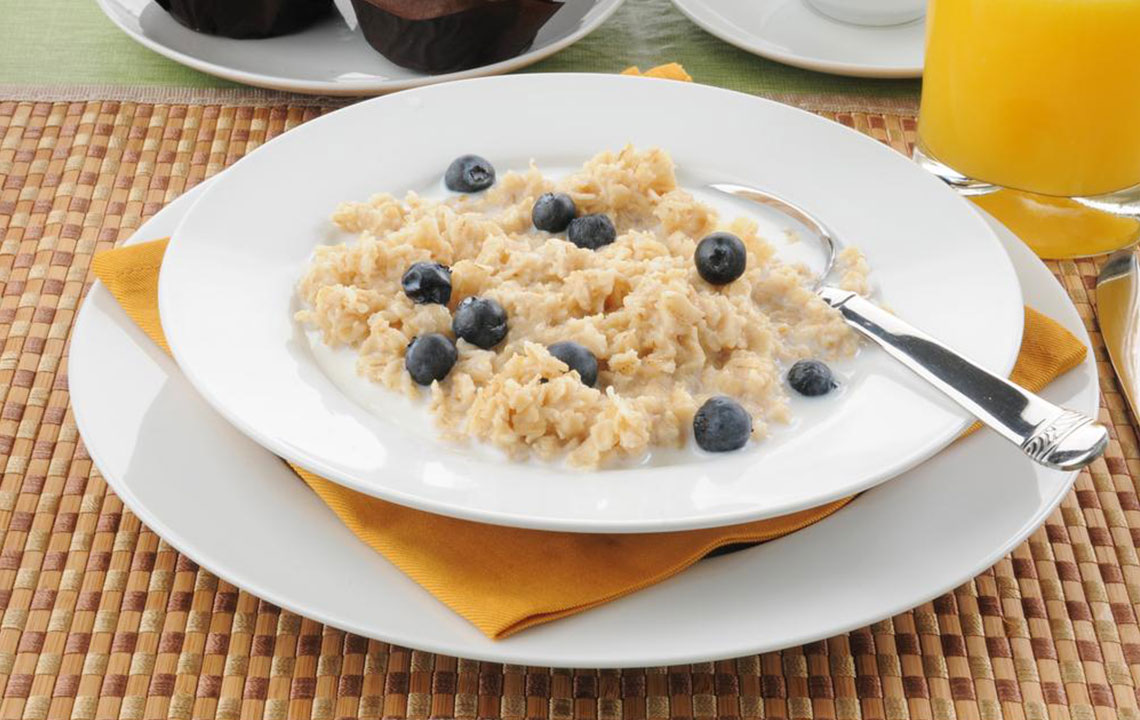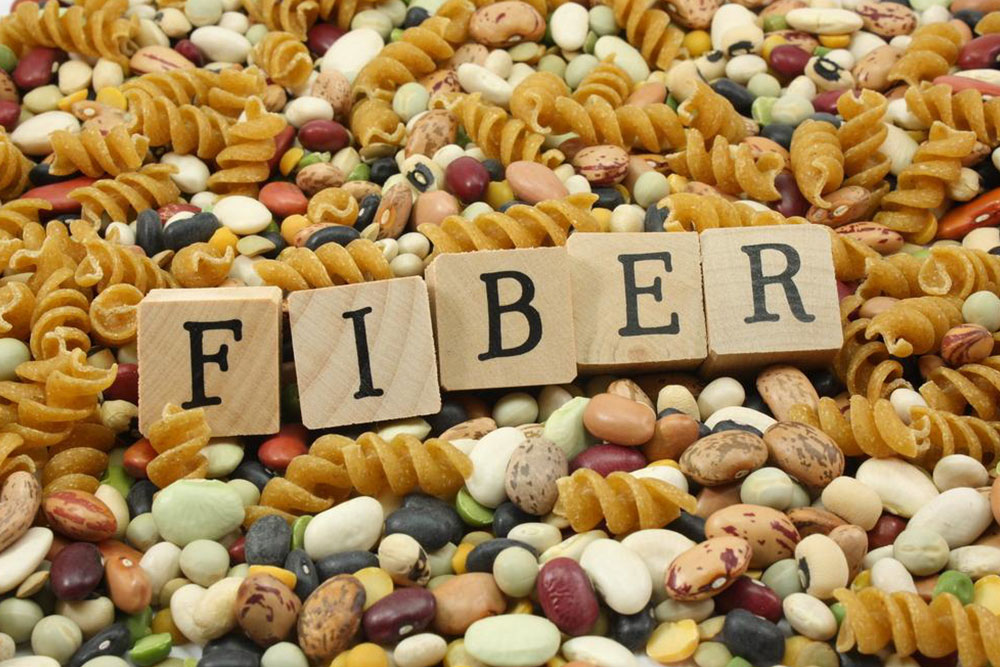Diet Tips for Managing Hiatal Hernia Effectively
Learn effective dietary and lifestyle strategies to manage hiatal hernia symptoms. This guide highlights foods to avoid, nutritious alternatives, cooking tips, and lifestyle changes that can ease discomfort and promote better digestion. Consulting a healthcare professional is recommended for persistent issues.

Managing Your Diet for Hiatal Hernia Relief
A hiatal hernia occurs when part of the stomach pushes through the diaphragm into the chest cavity. Your food choices significantly impact how you feel daily. Following a tailored hiatal hernia diet can reduce symptoms like heartburn and indigestion caused by stomach acids. This condition results in acids reaching the esophagus quickly, leading to a burning sensation. Adopting specific dietary habits can improve your health and comfort.
Foods to Avoid
To minimize discomfort, steer clear of highly acidic foods and drinks. These include:
Chocolate
Citrus fruits like oranges, grapefruits, lemons, and their juices
Garlic and onions
Caffeinated beverages, including coffee and tea
Peppermint and spearmint
Alcoholic drinks
High-fat dairy products such as cheese and ice cream
Instead, opt for low-acid foods like bananas, apples, carrots, broccoli, and greens. Choose low-fat or plant-based milk, lean meats, fish, and water. Snacks like rice crackers or baked chips and low-fat sweets (without chocolate or mint) are also beneficial.
Healthy Food Preparation Tips
Select lean cuts of meat—skinless chicken, turkey, or fish—and remove visible fat before cooking.
Prefer baking, boiling, or steaming over frying; an air fryer is a good alternative.
Avoid using excess oil or butter; season with herbs in moderation.
Use low-fat dairy options like yogurt and cheese.
Cook vegetables by steaming or boiling, minimizing oil use.
Lifestyle Adjustments
Eat smaller, more frequent meals to lessen stomach pressure.
Avoid lying down immediately after meals.
Refrain from vigorous activities or bending right after eating.
Quit smoking to reduce acid reflux and improve lung health.
If possible, lose weight to facilitate easier digestion.
Wear loose clothing to prevent additional stomach pressure.
If symptoms persist despite dietary and lifestyle changes, consult a healthcare professional. Medications or, in rare cases, surgery may be necessary. Careful diet management and healthy habits are key to controlling hiatal hernia symptoms and improving quality of life.










